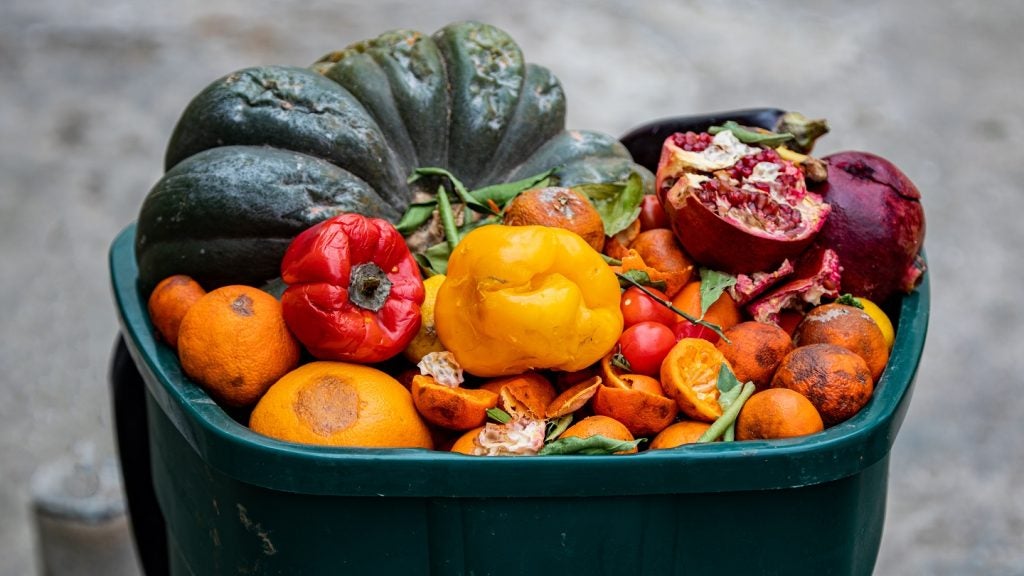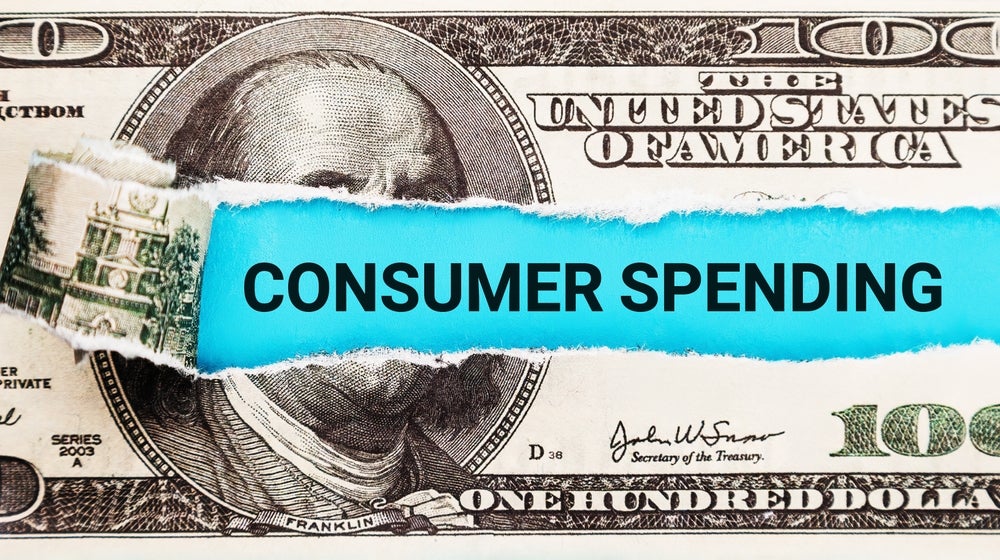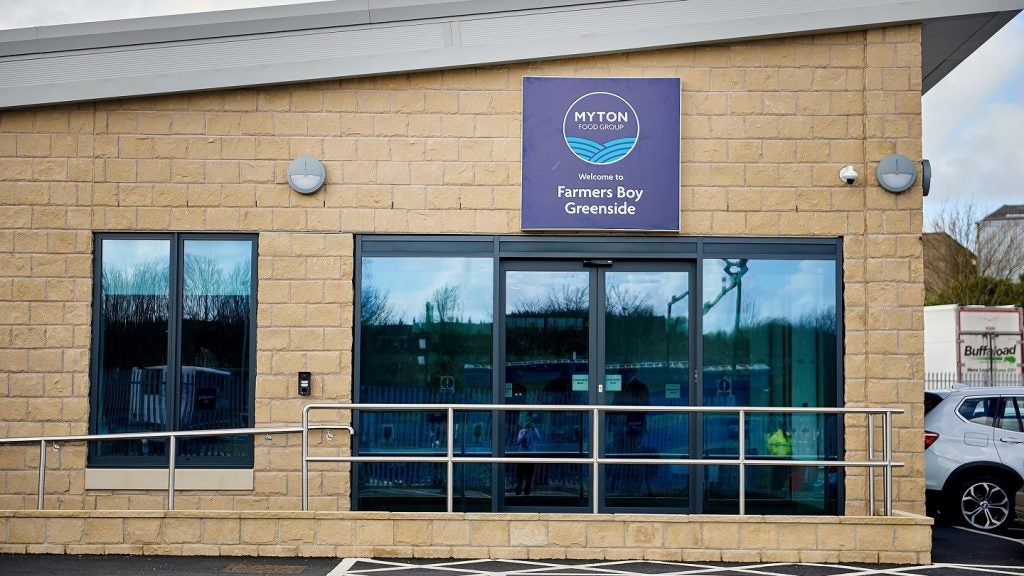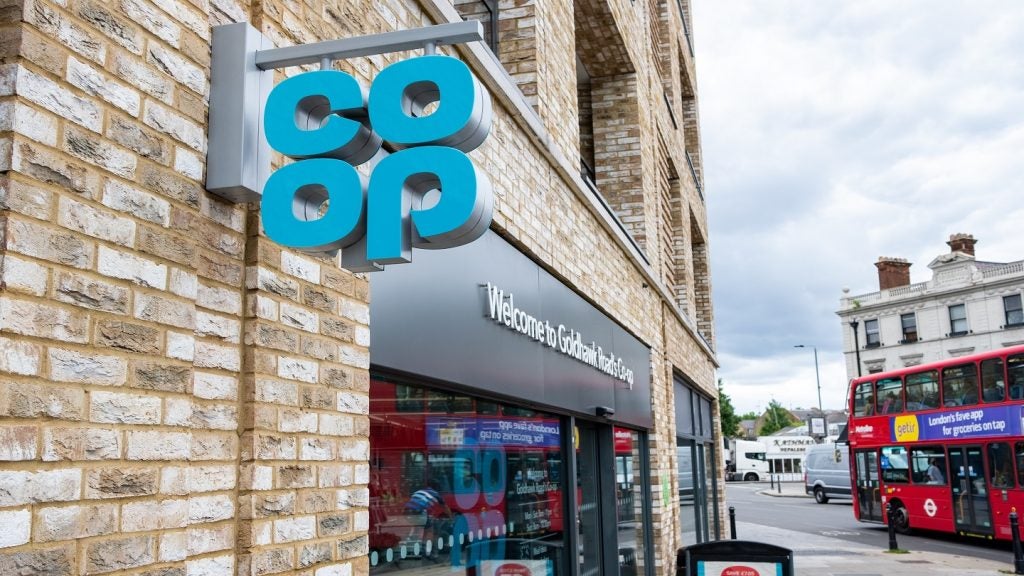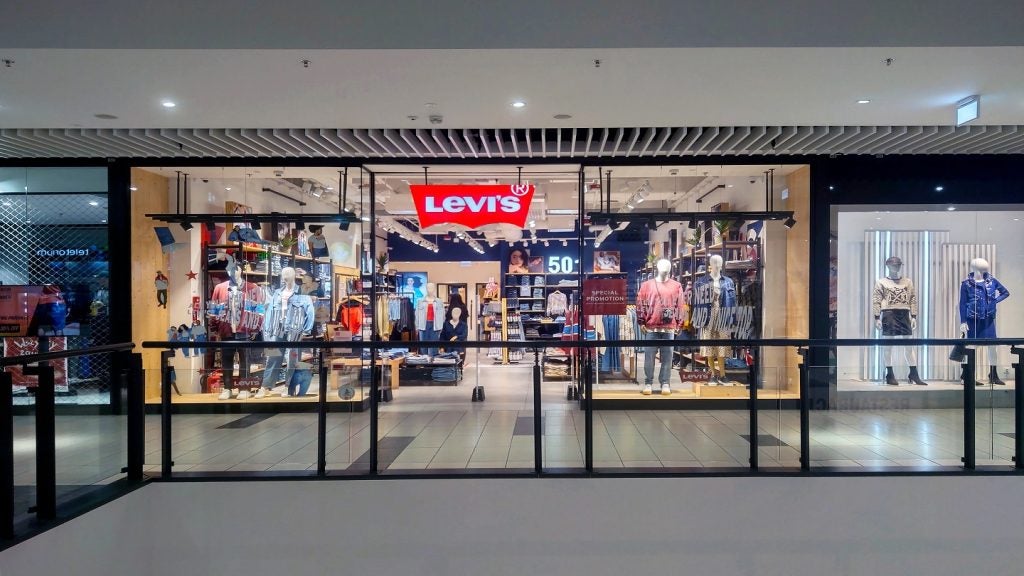US grocery retailers have achieved a significant milestone in food waste reduction, according to a recent study by the Pacific Coast Food Waste Commitment (PCFWC).
The analysis, covering four years from 2019 to 2022, reveals a 25% reduction in unsold food across regional operations, equating to 190,000 tonnes worth $311m.
The reduction not only represents a decrease in potential waste but also a positive shift in the disposal of unsold food.
The PCFWC also study highlights a 20% increase in unsold food donations and a 28% increase in composting rates.
The decline in unsold foods has contributed to an estimated 30% decrease in the carbon footprint of unsold food in the region.
38% of food in the US remains unsold or uneaten, with the grocery retail sector generating close to six million tonnes of this unsold food. This includes both edible items and inedible scraps.
Prepared foods and breads and bakery departments have the highest levels of unsold food, at 8.33% and 8.06% of the total respectively.
These departments also represent significant retail value, suggesting an opportunity for retailers to save money through waste reduction efforts.
ReFED executive director Dana Gunders said: “This is hands down the largest progress in reducing food waste we've ever seen reported. It demonstrates that the national goal to cut food waste in half by 2030 may, in fact, be possible — but we would need dramatically more action across all food system sectors for that to happen.
“It’s also particularly exciting to see the holistic nature of this progress. We’re not only seeing prevention numbers that far exceeded our expectations, but we’re also seeing increases in donations and composting.
“I really applaud our retail partners for the enormous effort they’ve put in — individually and as part of the Pacific Coast Food Waste Commitment — to achieve this win for people and the planet.”


